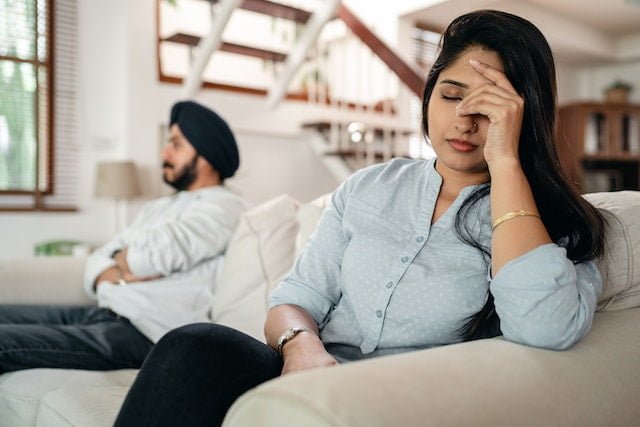
Obsessive compulsive disorder(OCD) : This is how it begins
| Contributed by MBBS .MD Author can be mailed at arifmaghribi@yahoo.com Mr Patrick (name changed ) had a pretty good childhood. His parents were loving and “normal,” like most “good parents.” Nevertheless, Mr Patrick’s father used to be very particular about certain aspects. One day Mr Patrick was walking barefooted around his father’s room, then he jumped into that bed. His father immediately “pulled his ear,” by telling him that his feet were dirty and that he must not jump into a clean bed. Moreover, Mr Patrick’s dad was very particular about the ceremony of “washing hands” before eating and after touching anything that could have germs… “Did you wash your hands?” was the ongoing question from his father. The seed for fear was created and for feeling guilty as well. You wonder how is it possible for a human being to live when there are so many germs around us and inside us as well… Mr Patrick’s father was afraid that someone could break into his car. He used to double-check that his car was locked. He double-checked that the door in his house was locked and that there was no light on inside or outside the house, to save electricity and his electric bill. “Why is this light on?” was one of his recurrent questions… Mr Patrick’s dad was a perfectionist as well, specially with his son What a great dad! He is always looking to save some money and concerned about cleanliness and security in his house… As Mr Patrick became older, he developed the same insecurities and guilt since he was a highly “moral” person. Mr Patrick felt guilt if he didn’t comply to what his father had taught him. Mr Patrick developed OCD (obsessive-compulsive disorder.) Mr Patrick had some thoughts which provoked fear in him. Patrick needed to repeat his activities to make sure that everything was well done even though he was aware of doing the task “right.” Guilt was the feeling. Something “bad” could happen, someone could get a disease, or lose a belonging due to not checking enough. The same obsessive behavior was latent in his religious practices. Mr Patrick needed to pray to God 10 times every day so his sins could be absolved. Patrick felt that God, the father; could punish him if he did not follow his prescribed routine. Patrick called that fear of being punished as “love to God.” Hell was waiting there for him unless he became a perfect “saint.” This fear was in him already. Patrick needed to do things “perfect.” Nothing but perfection. Otherwise, he could feel anxious, worried, fearful… This fear of making “mistakes” was obvious in his life. Patrick wanted to change. He realized that this fear was just a ghost from the past, and he wanted to stop those repetitive actions, but he couldn’t. “From now on… I will not repeat my checking or any compulsive activities” he would promise himself. But he failed… then he felt guilty… then he asked God for forgiveness which in turn meant to pray 10 times. Patrick asked the priest how to liberate himself from this mental disease. The priest told him. “You just have to have will power and ask God to help you.” “Just fight against that. Don’t let that dominate you.” Patrick learned to fight for everything. Patrick learned to oppose, to reject. After a long while of seeing his own “failure” and after asking so many times for forgiveness, Patrick decided to change his approach into a different way. View in browser :The Health Guide |
Join the mailing list!
Get the latest articles delivered right to your inbox!




